Description
Sodium Carbonate: A Versatile Workhorse of Industry and Home
Sodium carbonate, also known as washing soda or soda ash, is a common inorganic compound with the chemical formula Na₂CO₃. It’s a white, odorless powder that dissolves readily in water, forming a moderately alkaline solution. While often found in nature, it’s also produced industrially on a large scale due to its wide range of applications. From manufacturing glass to softening water, sodium carbonate plays a crucial role in numerous processes.
Natural Sources and Industrial Production:
Historically, sodium carbonate was extracted from the ashes of certain plants growing in sodium-rich soils. This is where the name “soda ash” originates. Today, the vast majority of sodium carbonate is produced industrially. The most common method is the Solvay process, which involves a complex chemical reaction using readily available raw materials: sodium chloride (common salt), ammonia, and limestone (calcium carbonate). The result is the production of sodium carbonate and calcium chloride as a byproduct. Another method, the trona ore mining process, harvests naturally occurring trona ore, a sodium sesquicarbonate mineral, which is then refined to produce pure sodium carbonate.
A Multitude of Applications:
The versatility of sodium carbonate stems from its ability to act as a base, a pH regulator, and a source of sodium. Here are some of its key applications:
- Glass Manufacturing: Sodium carbonate is a crucial ingredient in the production of glass. It acts as a fluxing agent, lowering the melting point of silica sand, making it easier and more economical to work with.
- Water Softening: Calcium and magnesium ions in hard water can cause scale buildup in pipes and appliances. Sodium carbonate reacts with these ions, precipitating them out and effectively softening the water. This is why it’s often found in laundry detergents.
- Detergent Production: In addition to water softening, sodium carbonate provides alkalinity that aids in the cleaning process. It helps to emulsify grease and dirt, making them easier to remove.
- Chemical Manufacturing: Sodium carbonate is a feedstock in the production of various chemicals, including sodium bicarbonate (baking soda), sodium phosphates, and other sodium-containing compounds.
- Pulp and Paper Industry: It’s used to neutralize acids in the pulping process and to improve the brightness and strength of paper.
- Textile Industry: Sodium carbonate aids in the bleaching and dyeing of textiles by creating an alkaline environment.
- pH Regulation: In various industries, sodium carbonate is used to adjust and stabilize the pH of solutions.
- Photography: It acts as an accelerator in photographic developers.
Safety Considerations:
While sodium carbonate is relatively safe, it can be irritating to the skin, eyes, and respiratory tract in concentrated form. Prolonged exposure can cause burns. Therefore, it’s essential to handle it with care, wearing appropriate protective gear like gloves and eye protection. Ingestion of large quantities can lead to gastrointestinal upset.
Looking Ahead:
Sodium carbonate remains a vital industrial chemical with a wide range of applications. As technology evolves, new uses and more efficient production methods are constantly being explored. Its continued importance in various industries underscores its role as a fundamental building block in numerous manufacturing processes and everyday applications.
In conclusion, sodium carbonate is a versatile and essential chemical compound that plays a significant role in various aspects of our lives, from the glass we drink from to the detergents we use to clean our clothes. Its widespread applications make it an indispensable component of modern industry and a common household product.

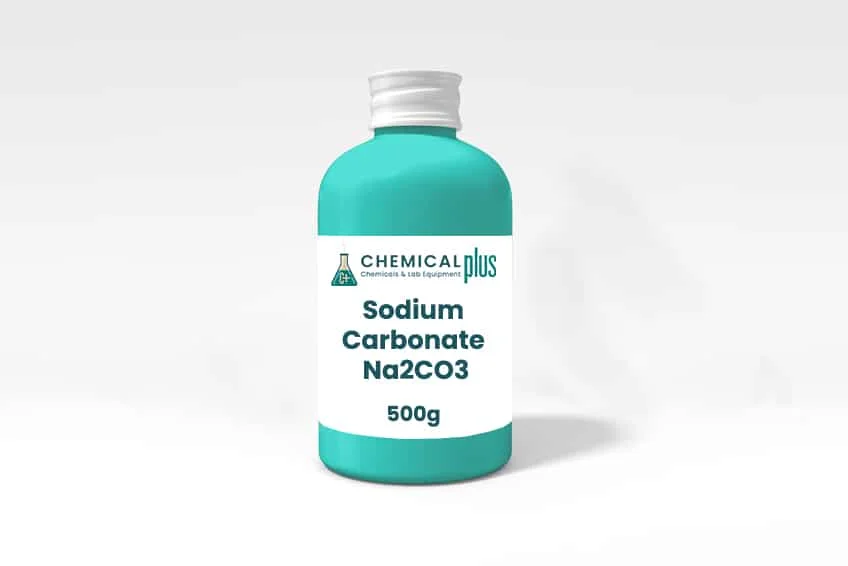
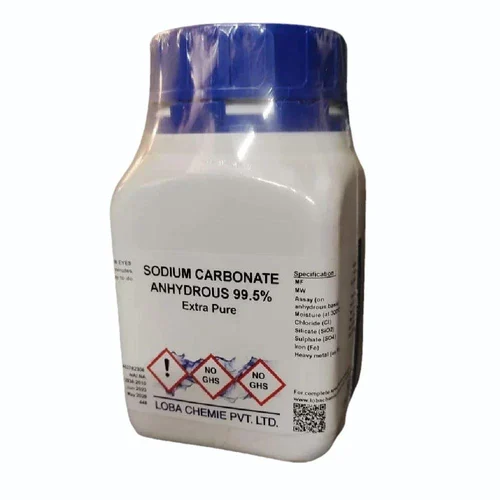


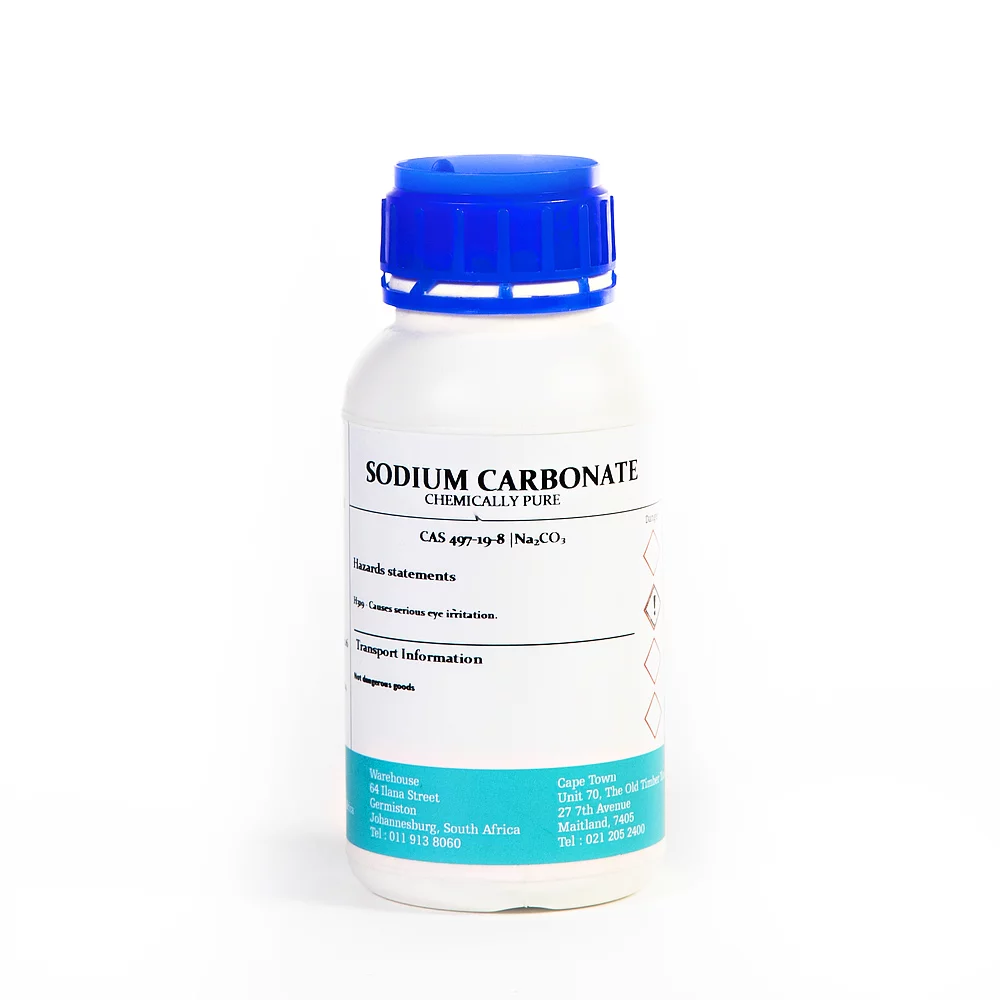

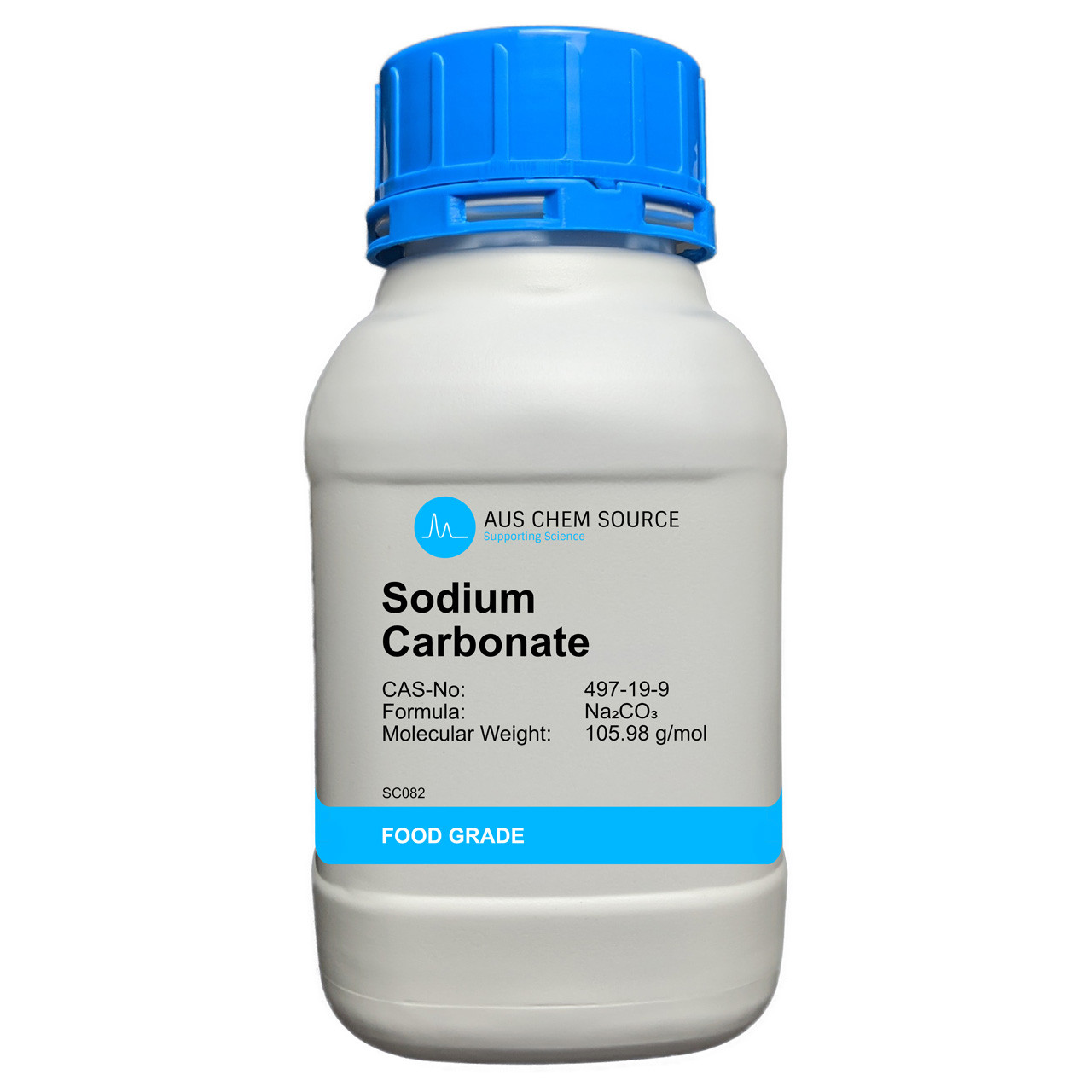

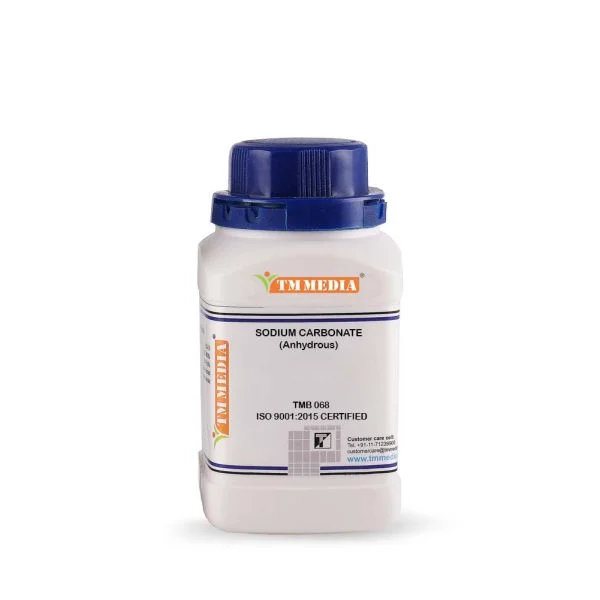


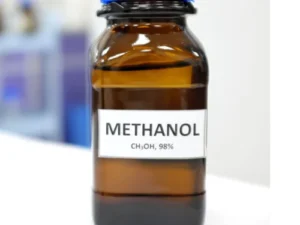
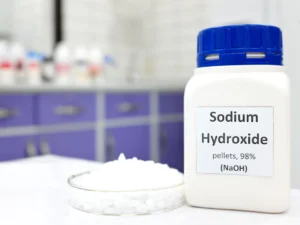
Reviews
There are no reviews yet.